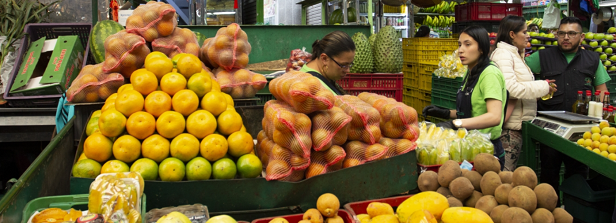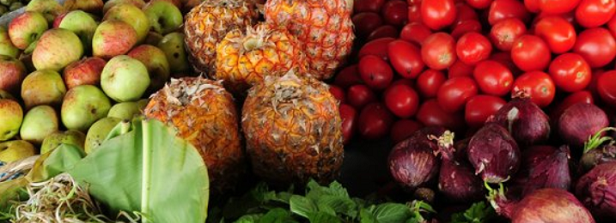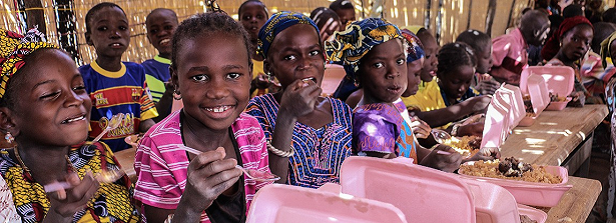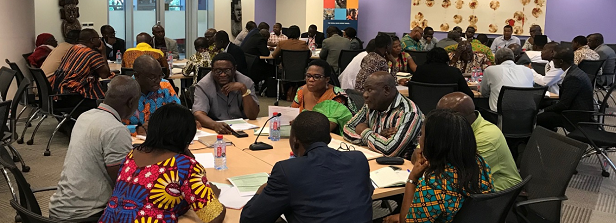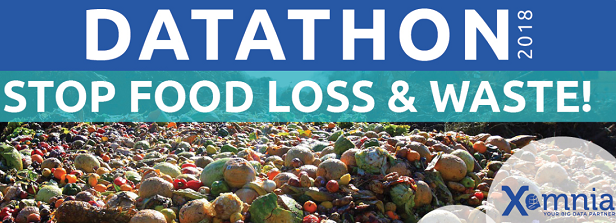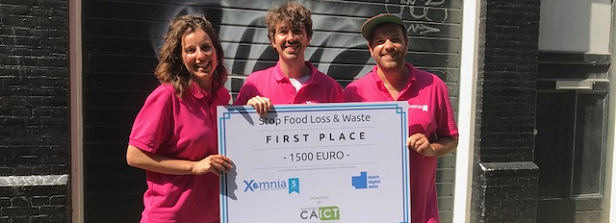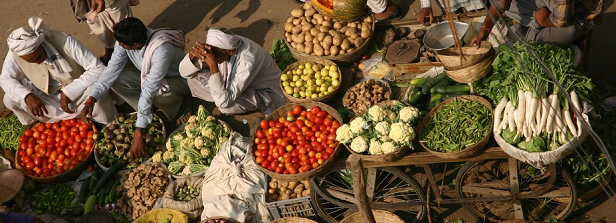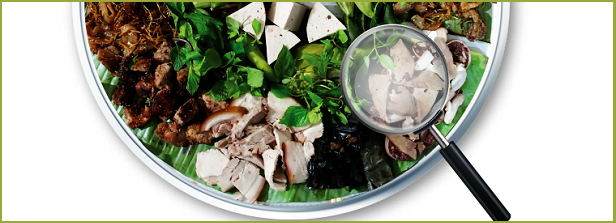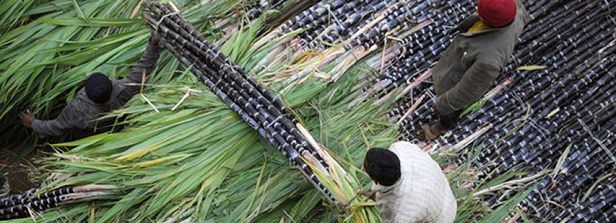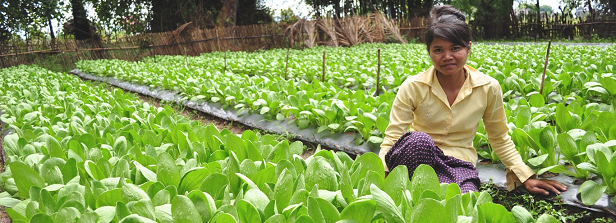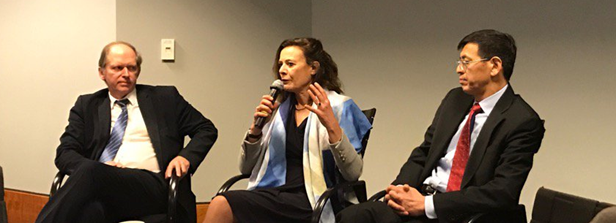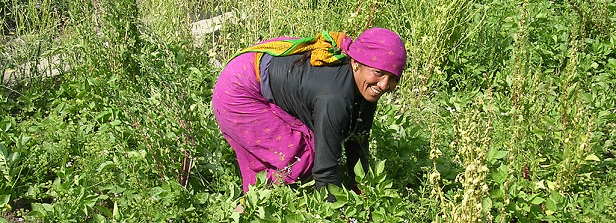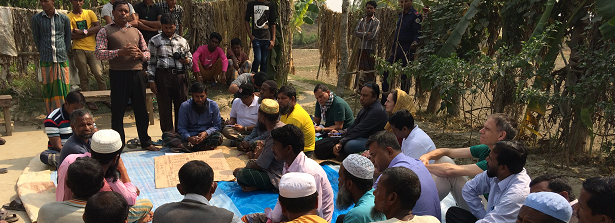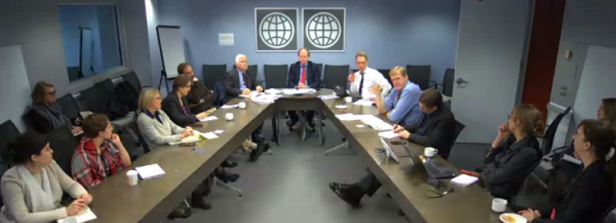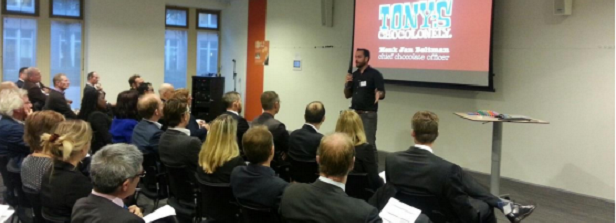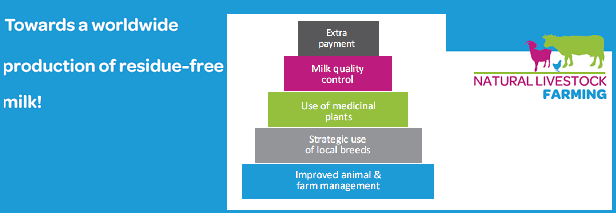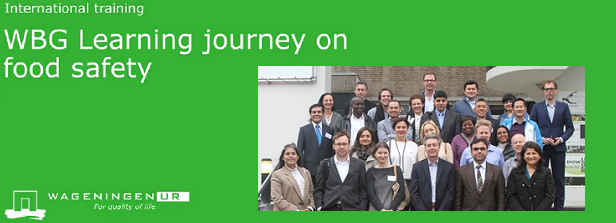World Bank Group – WBG-NL Partnership “Food for All”
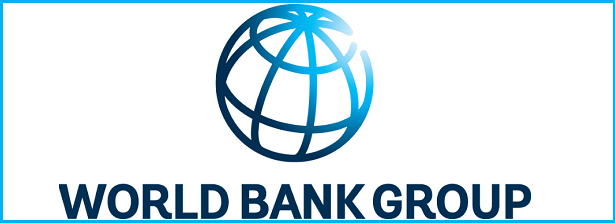
WBG-NL partnership “Food for All”
In May 2015, the Netherlands and the World Bank Group signed a “Food for All” Partnership agreement (Memorandum of Understanding) to increase knowledge, support job creation, and secure the long-term sustainability of agriculture in developing countries. “Food for All’’ brings together the World Bank Group and civil society, academia, government, private sector, and other stakeholders from the Netherlands.
The agreement focuses on strengthening collaboration in key strategic areas such as food, nutrition and health; inclusive and sustainable agricultural growth with a focus on pro-poor value chains and market transformations that better link farmers to markets; and ecologically sustainable food systems for climate-smart, resilient agriculture.
“Working in partnerships is critical in the multi-stakeholder context of food and agriculture. This partnership between the World Bank and the Netherlands will provoke inclusive, innovative and knowledge-intensive forms of cooperation. Together we address the needs of malnourished people and effectively contribute to a zero hunger world.”
Lilianne Ploumen, Minister for Foreign Trade and Development Cooperation, Netherlands, May 2015
The aim is to match cutting-edge Dutch technical expertise and private sector innovation with programs and investments by the World Bank and International Finance Corporation, the largest global development institution focused on the private sector in developing countries. Much of the partnership will focus on knowledge-sharing by the business community, knowledge institutions, civil society organisations and government. Dutch experts will also be enlisted in an array of projects and the Netherlands will provide training courses and workshops on topics like safe food chains and sustainable farming. The collaboration will seek to balance commercial success with the interest and improved welfare of small holder farmers and underscore the prominent role that farmers’ organizations play in strengthening the position of farmers in the value chain.
“Agriculture has a significant role in the World Bank Group’s efforts to end extreme poverty and extend the benefits of growth to more people, given that three-quarters of the world’s poor live in rural areas and in low-income countries. Agriculture also accounts for as much as 80 percent of total employment in low-income countries. “
Nena Stoiljkovic, World Bank Group Vice President, Global Practices and IFC Global Partnerships.
World Bank Group: Agriculture
The World Bank Group works with countries to expand agriculture financing, improve irrigation and give women farmers the right tools and opportunities. The Bank provides innovation, infrastructure and resources so that the agriculture sector:
- is Climate-Smart: more productive and resilient in the face of climate change while reducing emissions;
- improves livelihoods and creates more and betterjobs;
- boosts agribusiness by building inclusive and efficient value chains; and
- helps farmers producesafe, nutritious food for everyone, everywhere, every day.
In 2015, new commitments to agriculture and related sectors were $8 billion. For IBRD/IDA, assistance to agriculture and related sectors rose to $4.7 billion, up from $3.6 billion in 2013. The International Finance Corporation’s (IFC) investments were $3.2 billion, primarily lending to agribusiness value chains. Altogether, the commitments meet the Bank Group target of $8 to $10 billion.
World Bank Group: Nutrition
The World Bank Group is committed to supporting client countries in their endeavors to reduce malnutrition by building the knowledge base, providing technical assistance for policy/program design and prioritization, and financing the scale up evidence-based nutrition interventions. The Nutrition Global Solutions Group within the World Bank is leveraging its global knowledge and expertise to take a multisectoral approach to reducing malnutrition across client countries, with a focus on countries with a high burden of stunting.
In April 2010, the World Bank, in partnership with the Bill and Melinda Gates Foundation, and the Governments of Canada and Japan, and United States Agency for International Development, convened high level partners in support of Scaling Up Nutrition. The Scaling Up Nutrition Framework for Action sets forth principles and priorities for action to address malnutrition, in line with the Millennium Development Goals and Sustainable Development Goals.
Pillars of the partnership
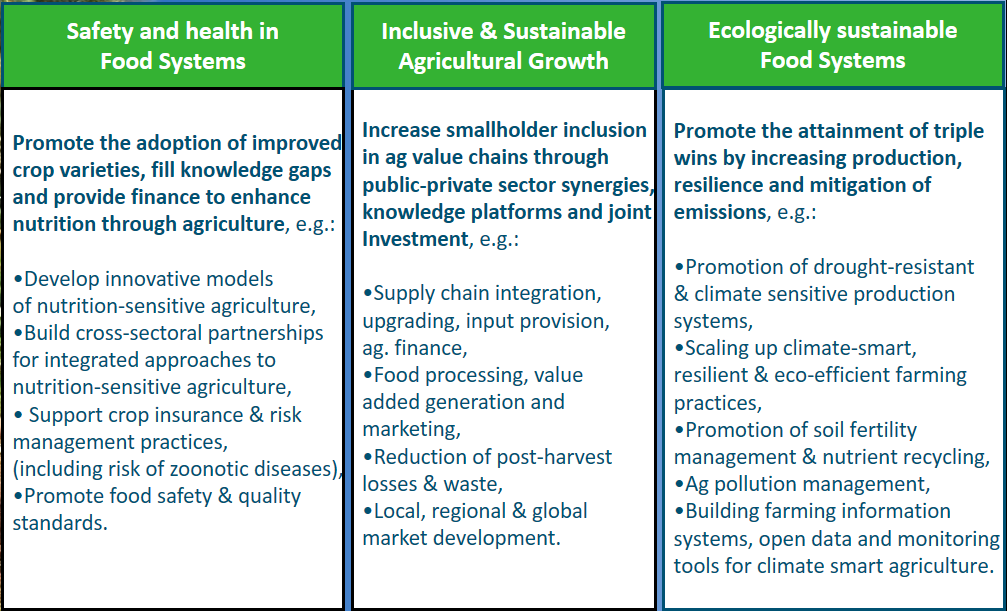
Financing of the partnerhsip
Activities in the context of the partnership will be funded from existing programme portfolios of both World Bank Group and The Netherlands. Existing instruments such as those available at the Dutch Ministries of Foreign Affairs and Economic Affairs and Netherlands’ Embassies, RVO, Food & Business Knowledge Platform and other Dutch partners will be used to develop joint activities with the WBG. No new funding instruments will be put in place on the short term. In the mid-term, opportunities may be explored to develop new facilities or trust funds.
How can you join?
Interested agencies, companies, civil society organizations, and staff of Dutch embassies or World Bank at different levels, can join the partnership as follows:
- Starting from the country or regional context in which you work, specify your need for knowledge in the area of agriculture and food & nutrition.
- Contact the relevant Dutch or WBG colleagues at country or regional level to start the dialogue on opportunities for mutual collaboration.
- If relevant, develop a joint idea for action. Please note: this partnership concentrates on knowledge actions.
- Contact one of the contact persons of the Food for All partnership (see column on the right) to check whether your idea could benefit from the facilitation and support developed for FFA at global level.

